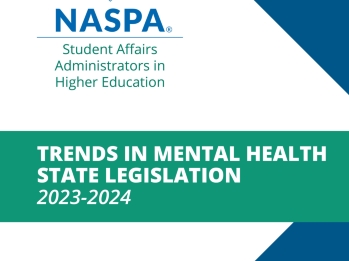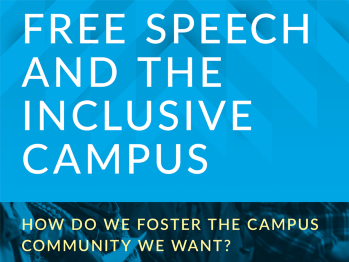Comments to Department of Education on Accreditation RFI, January 26, 2026
What We Stand For
At NASPA, we are committed to supporting student affairs practitioners and administrators to be instrumental agents of change, shaping policies that ensure a transformative and equitable educational landscape for all students. Through our collaborative efforts, we strive to influence higher education policies, advocating for practices that enhance student well-being, learning, and development. Join us in our mission to elevate the student experience, advocate for justice and equity, and lead with integrity in the ever-evolving landscape of higher education.
Coalition Statements
2021-2024 Public Policy Agenda
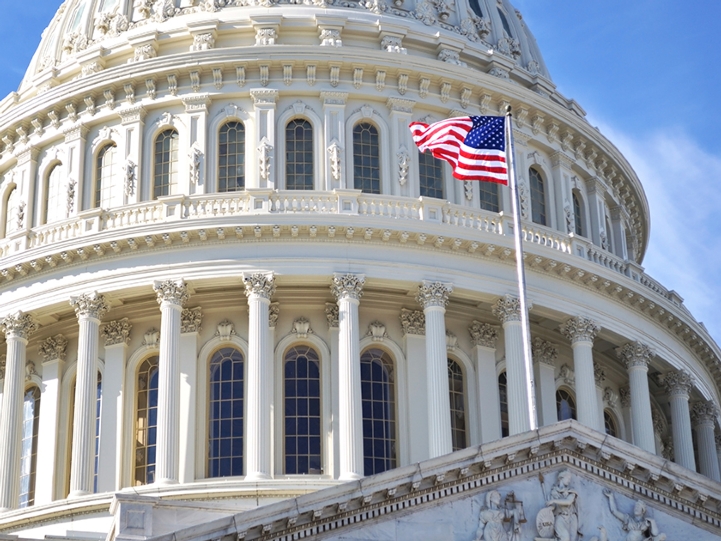
Building on NASPA’s role as a leading advocate for public policy in support of students and the student affairs profession, and reflecting the Association’s continuing effort to develop members’ professional competencies to engage effectively in public policy conversations, NASPA’s Public Policy Division presents the following agenda to guide member and staff public policy advocacy, professional development, and engagement for 2021 through 2024. Framed according to the 2019-2024 NASPA Strategic Plan, the NASPA Public Policy Agenda is designed to provide flexibility in responding to enduring and emerging policy issues.
The agenda is noticeably U.S. policy centric with a focus on federal, state, and local issues impacting American higher education, while recognizing that NASPA’s international members are confronted with important and unique policy considerations of their own. NASPA strives to acknowledge the rich diversity of its membership, and understands that each policy priority may not perfectly align with all members or member institutions at all times. Acknowledging these limitations, the agenda is grounded in a commitment to ensuring opportunity for all and a belief that higher education is a great benefit to both individuals and society. NASPA members and staff will direct efforts toward the following key public policy areas:
Communities
Share Ideas and Feedback
Share ideas about areas of research that you’d like to see NASPA prioritize in the years ahead using the form linked below or email [email protected].
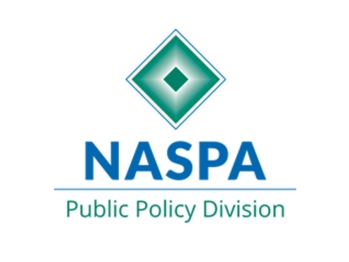
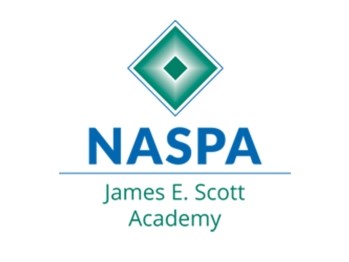
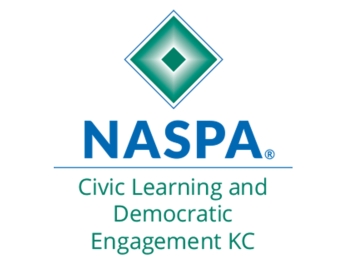
![STAY INFORMED Sign up for the NASPA RPI Quarterly Digest [FREE] The digest offers the latest news, research, analysis, and upcoming opportunities related to research and policy.](https://no-cache.hubspot.com/cta/default/5721802/interactive-174481912445.png)
